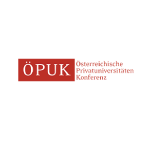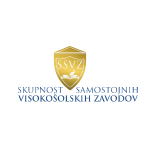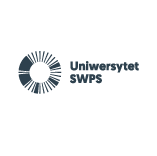Again the ECJ has taken an important decision in favor of non-state universities.
The Latvian Constitutional Court has asked the ECJ whether the national legislation which requires institutions of higher education to offer courses only in the official national language is compatible with EU law or may be discriminatory.
Here are the most important rulings of the decision, which may become relevant also in other cases of non-state universities:
- In so far as national laws apply to non-state universities, financed essentially by private funds, the contested provisions must comply with the provisions on the free movement of services.
- Courses by private higher educational institutions may be (and often are) offered for remuneration and, thus, constitute ‘services’ for the purposes of the Services Directive. They also do not figure in the list of services which Article 2(2) excludes from the scope of that directive.
- If national legislation introduces a restriction to the right of establishment guaranteed by Article 49 TFEU, any measure which prohibits, impedes or renders less attractive the exercise of the freedom of establishment must be regarded as a restriction on that freedom.
In the present case, the contested provisions make it more difficult for certain higher education institutions established abroad, to relocate to Latvia or to open some other place of business in Latvia. As the applicants in the main proceedings correctly point out, in so far as educational courses have to be provided (almost exclusively) in Latvian, many foreign higher education institutions will be unable to use a part of their administrative and teaching staff in Latvia. In addition, foreign higher education institutions are precluded from offering a more diversified and competitive range of services, such as courses taught in other languages, despite there being a significant demand for those.
In the light of the foregoing, I conclude that, in so far as they render more difficult and less attractive the exercise of the freedom of establishment for higher education institutions based in the other Member States, the contested provisions give rise to a restriction under Article 49 TFEU.
Read more on the following link.












